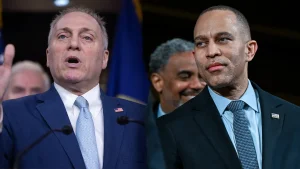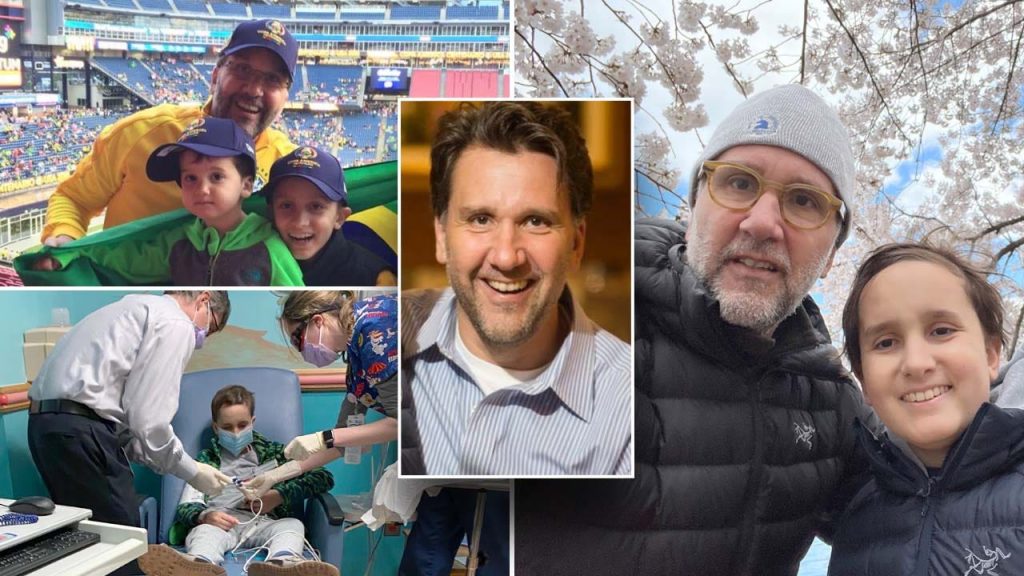Finding Hope in the Face of Pediatric Brain Cancer: The Medulloblastoma Initiative
According to St. Jude Children’s Hospital, approximately 400,000 children worldwide will receive a cancer diagnosis this year. In the United States, advancements in research and treatment have significantly improved survival rates, with 80% of children living five years or more after treatment. However, this statistic doesn’t tell the whole story, especially for children with rare forms of cancer like medulloblastoma—the most common pediatric brain tumor that still affects only five out of one million children each year. For these families, the limited research funding and treatment options create a devastating reality that one father, Fernando Goldsztein, refused to accept when his son Frederico was diagnosed at age nine.
“Kids with brain tumors were left behind. Because the treatments are very old, they are from the 80s, believe it or not,” Fernando explains, highlighting a painful truth about pediatric brain cancer treatment. When Frederico’s cancer returned years after his initial diagnosis, doctors delivered the news no parent wants to hear: there was nothing more they could do. The stark difference in survival rates—over 80% for initial medulloblastoma diagnoses but less than 40% for recurrent cases—underscores the critical need for new approaches. Rather than accepting this prognosis, Fernando channeled his grief into action, saying, “When I received that devastating news five years ago, after two weeks, I kind of recovered, you never recover, right? But I kind of recovered and I said, ‘I’ve got to do something, I will do something.'”
This determination led Fernando to establish the Medulloblastoma Initiative (MBI) alongside Dr. Roger Packer, a leading researcher at Children’s National Hospital in Washington, D.C. The initiative represents a revolutionary approach to cancer research by fostering global collaboration instead of competition. “MBI is all about collaboration and synergy. The scientists, to be funded by us, they have to work as a group,” Fernando explains. This model brings together the brightest minds in the field, with over a dozen laboratories worldwide now working in concert rather than isolation. The approach has already yielded remarkable progress, with Fernando noting, “By each one having each piece of the puzzle, we were able to move very fast and are achieving very interesting results.”
In the few years since its founding, MBI has already helped fast-track at least two clinical trials at the University of Florida specifically targeting medulloblastoma, with several more studies in development. The results have been encouraging: one clinical trial funded by MBI involves programming patients’ white blood cells to seek and destroy tumor cells, with one participant’s cancer nearly eliminated during treatment. Another promising avenue is an experimental mRNA-based cancer vaccine being tested on mice, which could potentially lead to a universal shot that enhances a patient’s immune response against cancer cells. These developments represent just the beginning of what Fernando describes as “much more in our pipeline.”
What makes MBI particularly unique in the research landscape is its funding model—100% of donations go directly to supporting research and clinical trials. This commitment ensures that every dollar contributed works toward the urgent mission of finding effective treatments for children like Frederico, who continues to battle recurrent medulloblastoma at age 18. Despite the challenges, Fernando reports that his son is doing well, thanks in large part to these emerging research initiatives. Yet the race against time remains paramount in their minds: “He is an outlier, but we know that this type of tumor comes back, so it’s running against time. And that’s why we are moving fast to save him and to save thousands of other kids out there.”
The story of Fernando and Frederico Goldsztein represents both the heartbreaking reality of pediatric cancer and the remarkable power of human determination in the face of seemingly insurmountable odds. While medical statistics may have predicted one outcome, Fernando’s refusal to accept that fate has potentially changed the trajectory not just for his son, but for countless children facing similar diagnoses in the future. The Medulloblastoma Initiative stands as a testament to what can be accomplished when scientific collaboration is prioritized over competition, and when parents transform their deepest fears into actionable hope. For those inspired by this mission, more information and donation opportunities can be found at mbinitiative.org, where every contribution directly supports the urgent work of finding cures for one of childhood’s most challenging cancers.















